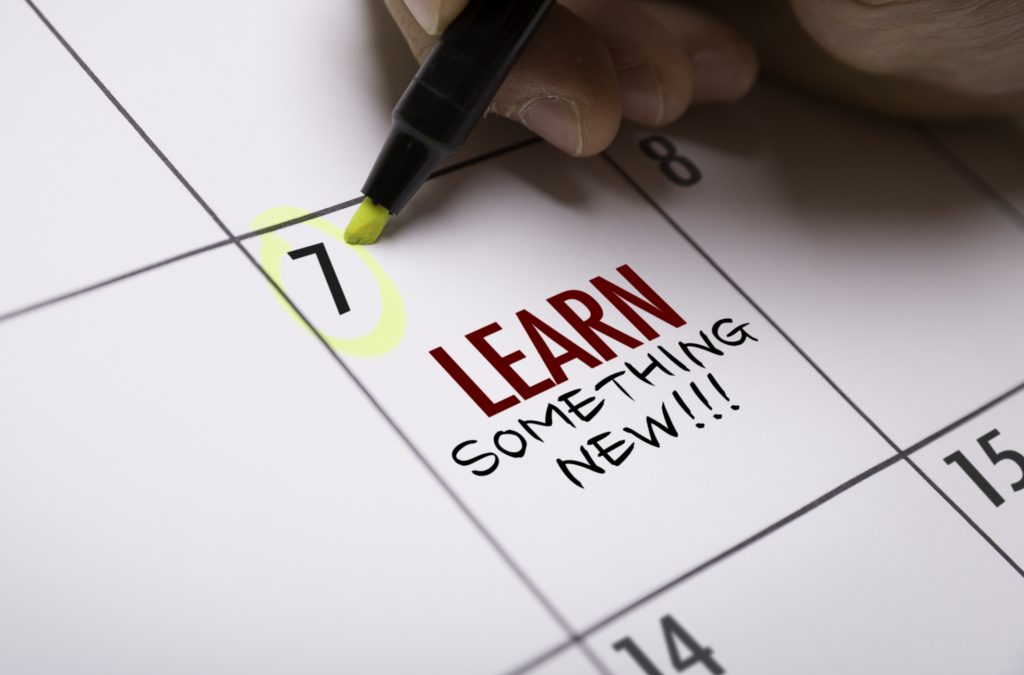Consider the possibility that you’re not actually as busy as you think. I know, bear with me here. What if, we are habitually wasting time, creating the illusion of busyness?
Naval historian Cyril Northcote Parkinson came up with Parkinson’s Law of Time, stating that the amount of time taken to complete a piece of work will expand dependent on the amount of time we give to it. So, when the evening stretches out before you, unscheduled, you might find yourself labouring over that work project or answering emails into the wee hours. Chances are, if you had somewhere to be you would get those tasks done much more quickly!
In our competitive society, presenteesim means we miss opportunities to be someone other than our workplace selves
Most of us want to take our job role seriously as we often find reward in a sense of purpose, fulfilment and a job well done. However, within our society, it is easy to overinflate the importance of jobs in our lives.
So what about the possibility that outside of scheduled work hours and your other obligations, you could find a sliver of time to dedicate yourself to something that brings joy, meaning, and purpose?
What about a hobby? They seem to have fallen out of fashion, but with my clinical practice full of hard-working people struggling to manage depression, anxiety and stress, my gut says it’s time they had a renaissance.
Hobbies come in all forms. They might be creative, physical or relaxing. But what separates a hobby from ‘just doing something’, for example bingeing on boxsets, is your level of engagement. Here’s a good rule of thumb: If you find yourself looking at your phone instead of concentrating on the activity, it’s not a hobby, it’s a distraction from not doing anything.
To find out when you might be able to fit in a hobby, try to be conscious of your time during the day. When you’re feeling most bored, or actively searching for a distraction, this is probably time you can use to indulge in a hobby. So, hobbies can seem to create more time by encouraging efficiency.
Here’s how having a hobby can improve your mental health.
Hobbies promote ‘flow’.
Left to our own devices, we often opt for passive leisure pursuits, TV and web surfing are at the top of most people’s lists.
And sure, we all need to veg out from time to time. But we are much more invigorated by active leisure, the sort of thing psychologist Mihaly Csikszentmihalyi termed ‘flow activities’.
If you’ve ever lost yourself in a sport, creative project or other challenging, absorbing activity, you’ve experienced flow. Time flies, self-consciousness disappears, and you are fully immersed in the activity at hand. Hobbies, especially those that stretch our skills, foster this desirable and increasingly elusive state. It’s easier to switch off your worries and anxieties when you lose yourself in a hobby.
Hobbies give you something to talk about.
They add layers to your identity, richness to your self-concept. People want to be around those with passions, with a sense of curiosity and with stories to tell.

Hobbies help you cope with stress.
Part 1: Imagine a rough day in the office, where your hard work comes in for criticism. Coming home and turning on the TV may provide distraction, but it doesn’t address your damaged ego head-on. Now imagine that instead you head out to an indoor climbing wall, 5-a-side football or a knitting group (yep, it’s popular again!). These activities are more than merely distracting. They remind you that that are many facets to your self-concept. Employee, yes, but also creative and athletic, so the potential blow to one aspect of your identity is less damaging. Bottom line, your eggs aren’t all in one basket. The connections you make through relationships, places and social activities can build a safety net for your physical and mental health.
Hobbies help you cope with stress.
Part 2: Specifically, an energetic hobby provides an outlet for the kind of pent-up physical stress that occurs when you suffer fight or flight overdrive.
Novelty is extremely important for mental health.
“Novelty-seeking is one of the traits that keeps you healthy and happy and fosters personality growth as you age,” says C. Robert Cloninger, the psychiatrist who developed personality tests for measuring this trait. Combining adventurousness and curiosity with persistence is a winning formula.
Helping others could be the best hobby of all.
Think about what skills you have, and how you might be able to use those skills to help others. It’s a win-win.


